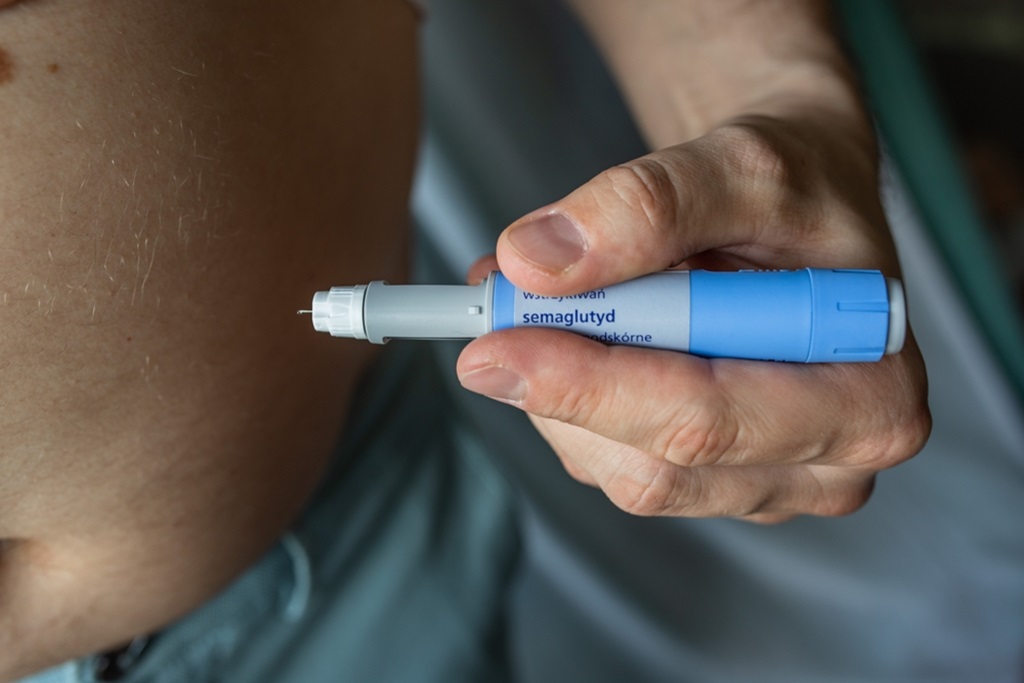
In the continually evolving landscape of diabetes management and weight loss solutions, Tirzepatide in Arizona emerges as a beacon of hope. With its prompt action and groundbreaking dual receptor engagement, this novel drug promises potential paradigm shifts in treatment approaches and patient outcomes.
Tirzepatide’s Unique Pharmacokinetics
How does Tirzepatide work? Tirzepatide isn’t just another face in the crowd of meds; it’s the dynamic duo of the pharmaceutical world. Unlike its single-tasking counterparts, this revolutionary dual GIP and GLP-1 receptor agonist juggles two targets at once. It’s like a superhero swooping in to tackle blood sugar levels and give weight a run for its money. This dual action mechanism might potentially offer swifter and more holistic metabolic control, representing a significant departure from conventional diabetes care.
A Leap Forward with Rapid Metabolic Control
Clinical trials have underscored the remarkable speed at which Tirzepatide acts. How fast does Tirzepatide work? Patients have observed notable metabolic control improvements just within a few weeks of commencing treatment. These improvements involve:
Blood Sugar Levels: Proven to substantially reduce HbA1c levels, Tirzepatide helps some patients achieve target levels in as short as 12 weeks, significantly outpacing many existing treatments.
Weight Loss: As an added advantage, Tirzepatide aids weight loss, with patients reporting reductions as early as four weeks into their treatment regime, improving diabetes management and overall health. How quickly does Tirzepatide work?
Lipid Profiles: Tirzepatide has demonstrated improvements in lipid profiles, including reductions in LDL cholesterol and triglycerides, thereby endorsing cardiovascular health.
This rapid transformation doesn’t just boost diabetes management effectiveness; it also levels up patient quality of life with instant perks—like upgrading from dial-up to fiber optics. How soon does Tirzepatide work? Does Tirzepatide work immediately? Not immediately, but quickly for many.
A Glimpse into the Future of Diabetes Care with Tirzepatide
The advent of Tirzepatide could signify a new world in diabetes treatment protocols. Harnessing its rapid action and dual receptor engagement, Tirzepatide could potentially supersede or improve existing therapies, delivering a more potent solution for managing type 2 diabetes and obesity. This transition could lead to enhanced patient outcomes, lower healthcare costs and fewer complications, and reduce the need for auxiliary therapies.
Tips for Embracing Tirzepatide
For those diving into the Tirzepatide adventure for diabetes or weight management, here are a few tips to sweeten the journey:
Consult with Healthcare Providers: Before diving into Tirzepatide treatment, have a heart-to-heart with your healthcare provider to ensure it’s the perfect match for your condition. After all, you don’t want to swipe right on the wrong medication. When does Tirzepatide start working? The professionals can consider your case and provide tailored advice.
Monitor Progress: Keeping an eye on your blood sugar, weight, and other health stats is like being your own health detective—regular check-ins keep the mystery at bay. This would enable the adjustment of dosages as needed under professional supervision.
Integrate with Lifestyle: Although Tirzepatide facilitates rapid improvements, integrating lifestyle modifications like balanced diet and routine exercise can amplify its effectiveness and support long-term health objectives. How long for Tirzepatide to work? Much faster if you consider your overall wellbeing.
Stay Informed: Stay updated with the latest research and findings on Tirzepatide to comprehend its evolving role in diabetes and weight management better.
In conclusion, Tirzepatide brings forth a promising advancement in the field of diabetes and weight management treatment. By significantly impacting metabolic control and employing an innovative dual receptor mechanism, it positions itself as a potential healthcare game-changer. For both patients and providers, Tirzepatide signifies hope for more efficient and effective management strategies, thus improving individual outcomes and broader healthcare dynamics.
Read Our Other Blog: Should I Ask My Doctor for Weight Loss Medication?
